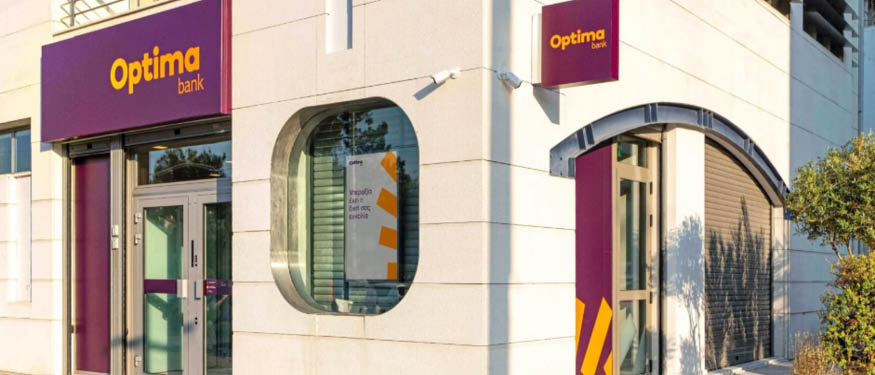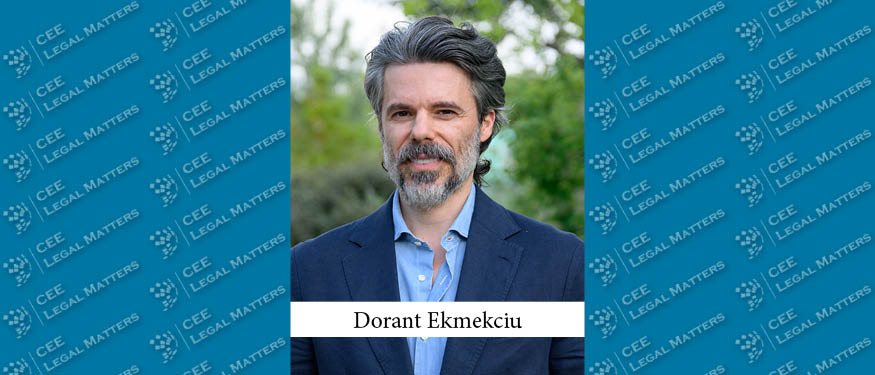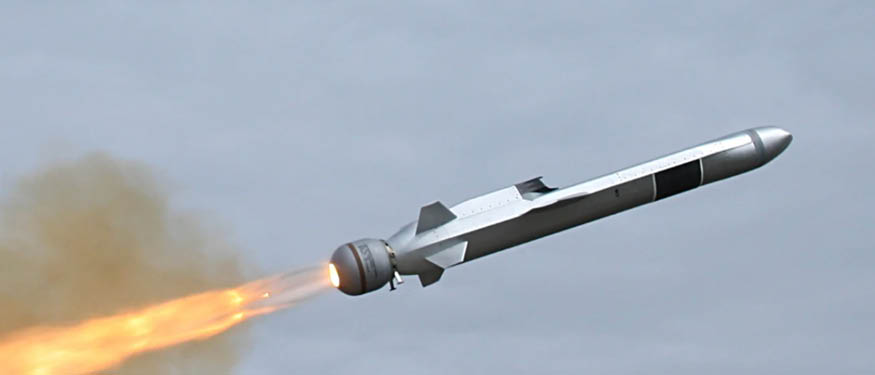CEE Legal Matters is a media partner of the “International Arbitration: Emerging Changes” conference to be held on March 17 in Kyiv. With a look ahead to the event, we have asked Oleg Alyoshin, Partner and Head of International Arbitration at Vasil Kisil & Partners, about recent trends and the future of international arbitration in Ukraine, as well as about bringing world-known international arbitration practitioners to Kyiv for a conference.
CEELM: Please tell us about the main trends in the development of international arbitration practice in Ukraine.
O.A.: Our firm is currently active in the international arbitration practice in various areas, including representing clients in international commercial and investment disputes, working with leading international law firms as counsel on Ukrainian law, and ensuring that foreign judgments and arbitral awards are recognized and enforced in Ukraine. In addition, we assist in obtaining interim remedies in support of disputes heard in arbitration and preparing expert opinions on Ukrainian law when disputes are heard in foreign jurisdictions, among other ways. We are also often engaged in searching and raising so-called third party funding if clients have a strong case, but lack sufficient resources to pursue it. This is one of the trends that has evolved in recent years. We have had success attracting such funding.
The London Court of Internal Arbitration (LCIA), the Arbitration Institute of the Stockholm Chamber of Commerce, and the International Court of Arbitration at the International Chamber of Commerce (ICC) are the key arbitration centers dealing with disputes involving Ukrainian businesses or dealing with the "Ukrainian component" in a wider sense. Traditionally corporate disputes and disputes arising out of financial instruments are mostly governed by arbitration clauses defining the LCIA as the place of arbitration. Disputes involving the energy sector – including of course the oil and gas industry – tend to be heard the Arbitration Institute of the Stockholm Chamber of Commerce. Commercial, sales, construction, and large infrastructure facility contracts usually contain arbitration clauses referring disputes to the ICC International Court of Arbitration.
There is a growing number of disputes involving Ukrainian components in foreign jurisdictions. I think this is due to the continuing economic and political crisis, which favors unfriendly reallocations of corporate rights or defaults under loan and other obligations. All this leads to disputes often referred to international arbitrations or courts of law in foreign jurisdictions. The number of such disputes will increase. The same holds for corporate or international disputes arising out of international construction contracts, including construction of infrastructure facilities and disputes arising out of loan and other financial instruments.
CEELM: What advantages does arbitration offer over traditional domestic litigation when applied to international commerce?
O.A.: There are a number of key advantages. The first is the globalization of commerce and business in general. The second is trust in international arbitration, which has grown for years and become an effective instrument of dispute resolution. The third is the availability of global law treaties governing international arbitration and making international arbitral awards an effective instrument that is enforced in many countries. Another advantage is that parties today are more comfortable having their disputes treated confidentially and the high level of competence of arbitrators dealing with the cases. Moreover, international arbitration has become a more complicated legal instrument. Currently procedural tools such as disclosure, which is more common for courts of law, are often frequently used in international arbitration as well. Despite some criticism, I think international arbitration remains an efficient and increasingly important instrument of dispute resolution.
CEELM: How would you assess the legislative support and regulation of international arbitration in Ukraine?
O.A.: Ukraine has implemented practically all key international conventions and treaties governing international arbitration. Ukraine in a party to the Convention on the Recognition and Enforcement of Foreign Arbitral Awards (New York, 1958) and the European Convention on International Commercial Arbitration (Geneva, 1961). The Law of Ukraine on International Commercial Arbitration adopted in 1994 reflects the UNCITRAL Model Law on International Commercial Arbitration (which is a template used in this field) almost in full, so that it meets generally acceptable international standards. At least two things are important to make international arbitration a more effective instrument: The first is efficient enforcement of international arbitral awards in Ukraine; the second is making interim remedies effective in Ukraine, including those stating the formal start of the arbitration process. The situation is improving in Ukraine with respect to the recognition and admittance of foreign arbitral awards. Sometimes, however, problems arise involving enforcement. I would like to emphasize the problem caused by gaps in procedural laws, which, in practice, make interim remedies in support of arbitration unavailable in Ukraine. An example is when another country is indicated as a place of arbitration under an arbitration clause. I think certain positive changes will take place in this area at the level of procedural laws and law enforcement practice, enhancing the perception of Ukraine as a friendlier state in terms of international arbitration.
CEELM: Why did the firm decide to co-organize the conference?
O.A.: This year Vasil Kisil & Partners marks its 25th anniversary. The International Commercial Arbitration Court at the Ukrainian Chamber of Commerce and Industry is also celebrating its 25th anniversary. The anniversaries were behind the idea to gather highly-regarded speakers and to discuss relevant topics and, ultimately, to make Kyiv an international center for international arbitration partners from all over the world.
In addition, we will be holding Ukrainian rounds of the Willem C. Vis International Commercial Arbitration Moot for the second year in a row. This student contest will be held after the conference, so many of the prominent speakers will also act as arbitrators in the moot. The competing teams, who are not from Ukraine alone this time, will have an opportunity to gain excellent experience. Vasil Kisil & Partners supports the national legal debate as a part of its long-term investment and its belief that a new generation of Ukrainian lawyers will gain a unique experience. We expect competitors will represent Ukraine honorably during the international rounds in Vienna and hope that today's students will soon grow to become our colleagues in the legal practice. International moot courts are aimed at inspiring law students and developing the qualifications of future lawyers.
If you are interested in learning more about the conference or register to attend please visit the event’s website here.

















